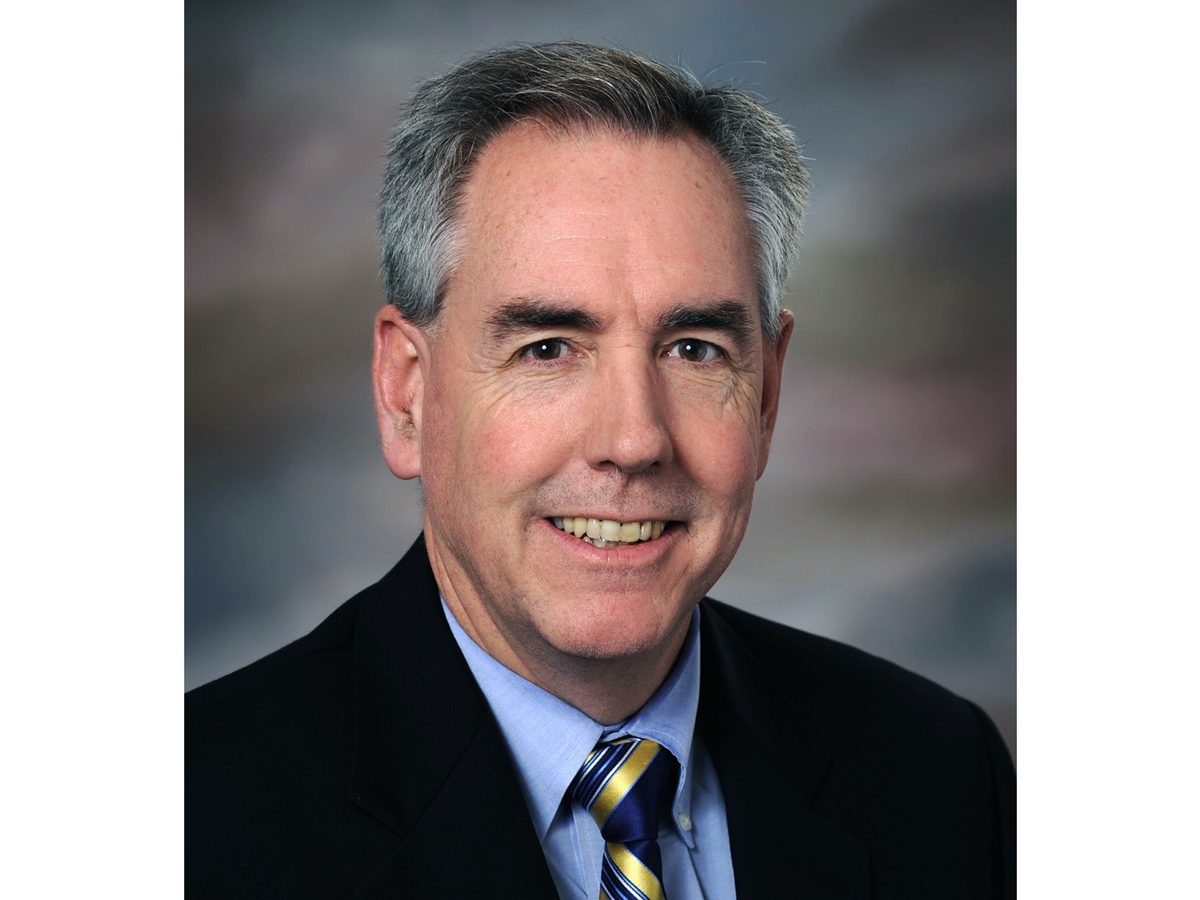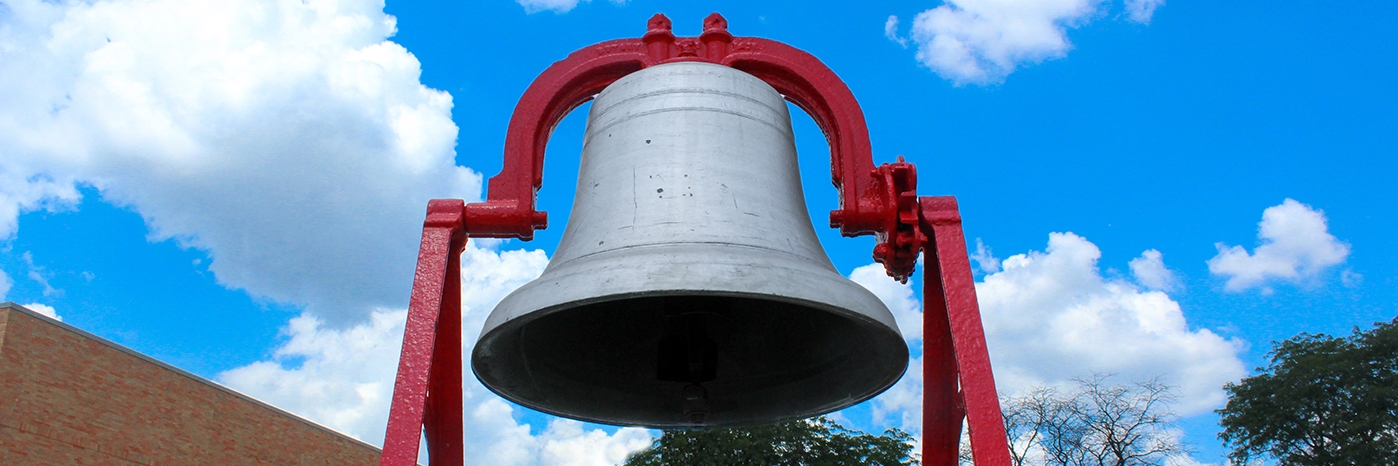Voices Ringing
Meet Dr. Stephen Blatt, MD '77

What are your job responsibilities and duties?
I'm the Medical Director for Infectious Diseases at TriHealth hospital system in Cincinnati. I’m responsible for setting the policy for management of patients with infection problems. In this setting, we have a large steering committee for our COVID-19 preparations and management, and I help run that.
What are the daily tasks you perform?
We monitor the data about how many cases we are seeing. We monitor how those patients are doing, what their outcomes are, how many are discharged, if we have any patients that die from the infection. We also monitor the infections among our healthcare workers to make sure that they’re not getting infections from our patients. We monitor the protective equipment that’s available to make sure we have adequate supplies. We monitor our testing capability to make sure that we’re able to provide testing for both our patients and any employees that need it. Then, we basically troubleshoot to make sure the whole system is working properly, that patients and employees are protected and getting the treatment that they need. We also work with our research department to try to get clinical trials of medications, experimental medications that are available for our patients that need them. I also see the patients. Some of the patients that are sicker, we get consulted on to help with their care.
How has the pandemic changed your job responsibilities?
It’s the same kinds of things that I was doing, but obviously it wasn’t COVID-19 that we were worried about. It was more common things like antibiotic resistant bacteria or other infections that people can catch in a hospital. We spend a lot of time trying to prevent those kind of infections.
Why is your work considered essential?
It’s very important that we provide the best care we can for patients who have this novel virus and protect our health care workers who are at risk of getting it and deserve to be protected. If the health care workers can’t stay healthy during this time, then we won’t be able to provide care for any of the patients who come in.
What precautions are you taking to ensure coronavirus safety?
We’re a lot more careful about making sure we have the right equipment and wear it correctly. Around all the patients who we know or suspect might have COVID-19, the healthcare workers all wear gowns, gloves, face shields, and special kinds of masks called respirators that we have to have each worker fit-tested for so that they wear them correctly and we know that they’re not breathing air that hasn’t gone through the filter. That takes a lot of time and is a pretty expensive proposition that came out of nowhere.
What makes coronavirus different that more typical infectious diseases?
It is highly contagious, and it is a lot more dangerous than the flu. The number of deaths is far exceeding what we would expect in a typical flu season, and it’s really been compressed within a very short timeframe here in the United States. There have been 70,000 deaths in a two month period which is at least three or four times what we would see in a typical flu season. It’s a lot more dangerous because nobody has any immunity to it, that’s the problem.
What are the lessons you learned at Carroll High School that are helping you navigate this situation?
Carroll was really essential at learning to look at the whole picture of a problem, analyze it, and come up with a rational approach to dealing with it. One of my mentors was Mr. Joe Sens who taught chemistry at the time. He was just great at being calm, evaluating an issue, and coming up with rational solutions. There’s been a lot of panic around this whole COVID-19 issue that really doesn’t need to be. It’s just a matter of understanding it as best we can and applying rational solutions.


